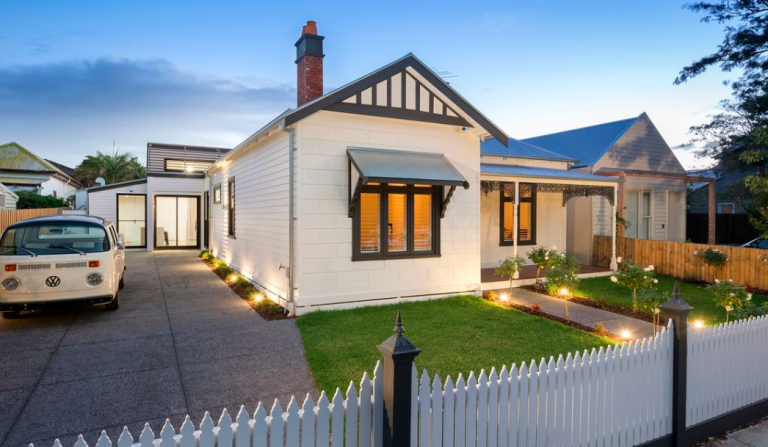 The dream rental property is low maintenance, in demand by buyers and tenants, has high rental yields and excellent capital growth. The property runs itself and you pay other people to look after it for you. Sounds fantastic but does this property exist?
The dream rental property is low maintenance, in demand by buyers and tenants, has high rental yields and excellent capital growth. The property runs itself and you pay other people to look after it for you. Sounds fantastic but does this property exist?
A property with the above specs is hard to come by in 2020. In most cases, ir requires a team of professionals to find and run smoothly.
Knowledge is vital to your success in generating wealth, in this article we share some of the tools in spotting some of the best properties in a suburb.
Working out rental yield?
High Rental yield: this is a measure of how much cash an income generating asset produces each year as a percentage of that asset’s value. Some properties offer low rental yield but good capital growth and vice versa.
To work out net rental yield you need to calculate annual rental income including expenses.
Do this by taking weekly rental income and multiply by 52 then subtracting annual expenses. Then divide annual rental income by the property’s total cost, then multiply by 100.
Use this simple calculation:
Net rental yield = (Annual rental income – Annual expenses) / (Total property costs) x 100
Investors use rental yield to compare properties. A high rental yield results in better cash flow, which helps to improve the return on investment. When buying a property, real estate agents, property managers and buyer’s agents can help you with accurate rental yields.
Victoria Rental Yields Info Graph:
How to find capital growth property:
An increase in capital growth is created by the strength of buying demand when you decide to cash in and sell. The idea is to have so much buying demand that the value of the property increases in value more than the average property in the area. The factors that affect capital growth:
- Location: good proximity to amenities is something all buyers and tenants look out for. Look for properties that have it all. Access to:
- Train or tram station,
- Close to highways,
- In demand school zones.
- Walking distance to shopping centres, parks and walking tracks.
- Natural amenities.
- Age & condition: A lot of older property can tick the location box but have high maintenance costs. Expensive repairs can add up so it is wise to factor in a maintenance fund to the purchase price which will last over the life of the property. Some maintenance can be planned, most will be a surprise so having available funds to deal with upcoming problems makes owning investments less stressful.
- Improvements: You can easily create open plan living, add value by adding a granny flat, unit, extending a carport or garage, light renovations.
- Neighbourhood: Are the streets and homes well kept? Do people want to live in the area? Look for a suburb with low rental vacancy rates.
Quick tip: The rental vacancy rate is an economic indicator which measures the percentage of rental homes that are vacant.
Attracting Tenants: Tenants that pay rent on time and look after the property like you would, are out there and looking for good homes. Buying the right property is a big part of finding this kind of tenant.
The other is maintaining a healthy relationship once you have them. For more information on this topic read our article on 5 TIPS TO BEING A GOOD LANDLORD.


